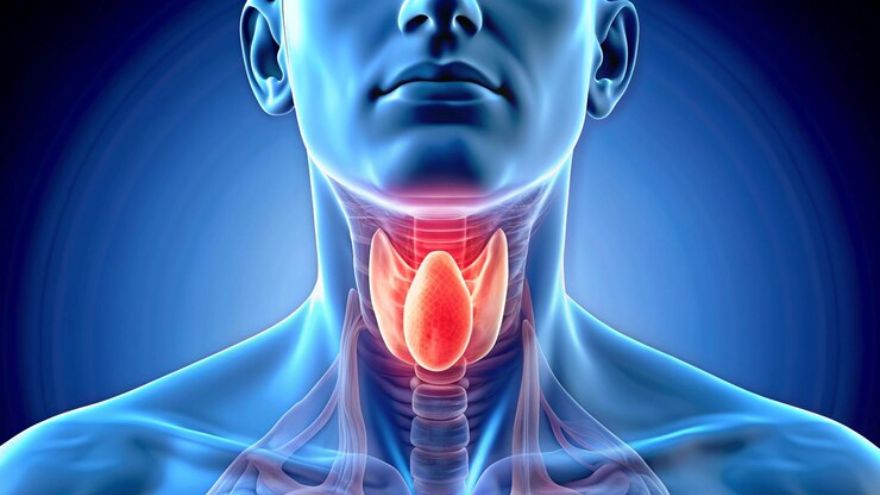
Losing face fat can be a common concern for many people striving for a more defined and sculpted appearance. While it's important to understand that targeted fat loss (spot reduction) isn't entirely possible, there are strategies to reduce overall body fat, which will also help slim down the face. In this blog, we'll explore various methods and lifestyle changes that can aid in reducing face fat, along with some frequently asked questions to help guide you.
Why Do We Get Face Fat?
Face fat is usually the result of a combination of factors, including genetics, overall body weight, age, and lifestyle habits. When your body stores fat, it doesn’t prioritize where to put it—your face is as likely to gain fat as any other part of your body. Many people are genetically predisposed to store fat in their cheeks, chin, or jawline.
Effective Tips to Reduce Face Fat
1. Overall Weight Loss
The most important factor in reducing face fat is losing overall body weight. Since spot reduction isn't scientifically proven, focusing on a healthy diet and regular exercise to burn fat will eventually reduce fat from your face as well.
- Cardio Workouts: Engage in regular cardiovascular exercises like running, cycling, swimming, or brisk walking. These exercises help burn calories and fat, leading to weight loss throughout the body, including the face.
- Strength Training: Combining strength training with cardio can increase muscle mass, which boosts metabolism and helps burn more calories even at rest.
- Caloric Deficit: You need to burn more calories than you consume to lose fat. Calculate your daily caloric needs and aim for a slight deficit, which can help you lose around 1-2 pounds per week, leading to gradual fat reduction.
2. Facial Exercises
Some believe that performing facial exercises can help tone the muscles of the face and reduce fat. While the effectiveness of these exercises isn't entirely backed by science, they can help in tightening the muscles for a more defined look.
- Cheek Puff Exercise: Inhale deeply through your mouth and hold the air in one cheek for a few seconds, then switch to the other cheek. Repeat this for several minutes.
- Fish Face Exercise: Suck in your cheeks and lips like a fish, hold for a few seconds, and repeat multiple times.
- Jaw Release Exercise: Sit upright and move your lower jaw in a circular motion, keeping your lips together and pretending to chew. Repeat several times a day.
3. Stay Hydrated
Water retention can make your face look puffy and swollen, which can often be mistaken for fat. Drinking plenty of water (8-10 glasses a day) helps flush out toxins, reduces bloating, and improves your skin’s elasticity. Avoid excessive salt intake as it can cause water retention, contributing to facial bloating.
4. Watch Your Diet
A healthy, balanced diet plays a key role in reducing face fat. Focus on the following:
- Reduce Sugar and Refined Carbs: These can lead to fat accumulation by spiking blood sugar and insulin levels, promoting fat storage.
- Increase Protein and Fiber: These nutrients keep you feeling full for longer, reducing the urge to overeat. Lean proteins (like chicken, fish, and tofu) and fiber-rich foods (like fruits, vegetables, and whole grains) support fat loss.
- Limit Processed Foods: Processed and fast foods are often high in unhealthy fats, sodium, and sugar, which can contribute to facial puffiness and overall weight gain.
5. Adequate Sleep
Lack of sleep can lead to increased cortisol levels (the stress hormone), which has been linked to fat storage, especially in the face. Aim for 7-9 hours of sleep per night to help your body regulate hormones and reduce facial bloating.
6. Reduce Alcohol Consumption
Alcohol dehydrates your body and can cause water retention, making your face look puffier. It’s also high in empty calories, which can contribute to weight gain. Reducing alcohol intake can help slim down your face and improve overall health.
7. Manage Stress
High stress levels lead to increased cortisol production, which has been associated with fat storage in various parts of the body, including the face. Engage in stress-reducing activities like yoga, meditation, deep breathing exercises, or hobbies that help you relax.
Conclusion
Losing face fat is achievable through a combination of lifestyle changes, including a healthy diet, regular exercise, hydration, and adequate sleep. While you cannot specifically target face fat, reducing overall body fat will lead to a leaner, more sculpted face over time. Patience and consistency are key, so adopt these healthy habits, and over time, you’ll notice positive changes in both your face and body.
FAQs About Losing Face Fat
Q. Can I target face fat only?
Ans. No, spot reduction (losing fat in a specific area) is not possible. However, losing overall body fat through diet and exercise will eventually reduce fat from the face as well.
Q. How long will it take to lose face fat?
Ans. The time it takes to lose face fat varies for each individual, depending on factors such as your diet, exercise routine, genetics, and overall body composition. For most people, it could take a few weeks to a few months of consistent effort to see noticeable changes.
Q. Will facial exercises alone reduce face fat?
Ans. Facial exercises can help tone the muscles in your face, giving it a more defined appearance, but they are not enough to reduce fat. For noticeable fat loss, you need to focus on overall body fat reduction through diet and regular exercise.
Q. Do genetics play a role in face fat?
Ans. Yes, genetics can influence where your body tends to store fat, including your face. Some people are genetically predisposed to hold more fat in their cheeks or chin. While you can't change your genetics, you can manage your overall body fat percentage to minimize its impact.
Q. Does drinking water help reduce face fat?
Ans. Yes, staying hydrated can help reduce water retention, which often causes facial bloating. Drinking enough water helps flush out toxins, reduces puffiness, and promotes overall fat loss by improving metabolic function.
Q. Can sleeping more help lose face fat?
Ans. Getting enough sleep (7-9 hours a night) helps regulate hormones that affect weight gain and fat storage. Lack of sleep can lead to higher cortisol levels, which can promote fat storage in the face and other areas. Proper rest is essential for overall health and weight management.
Q. Does chewing gum reduce face fat?
Ans. Chewing gum may help tone your jaw muscles slightly, but it won’t specifically reduce face fat. Like facial exercises, it can enhance the appearance of a more defined jawline but won’t significantly impact fat loss.



